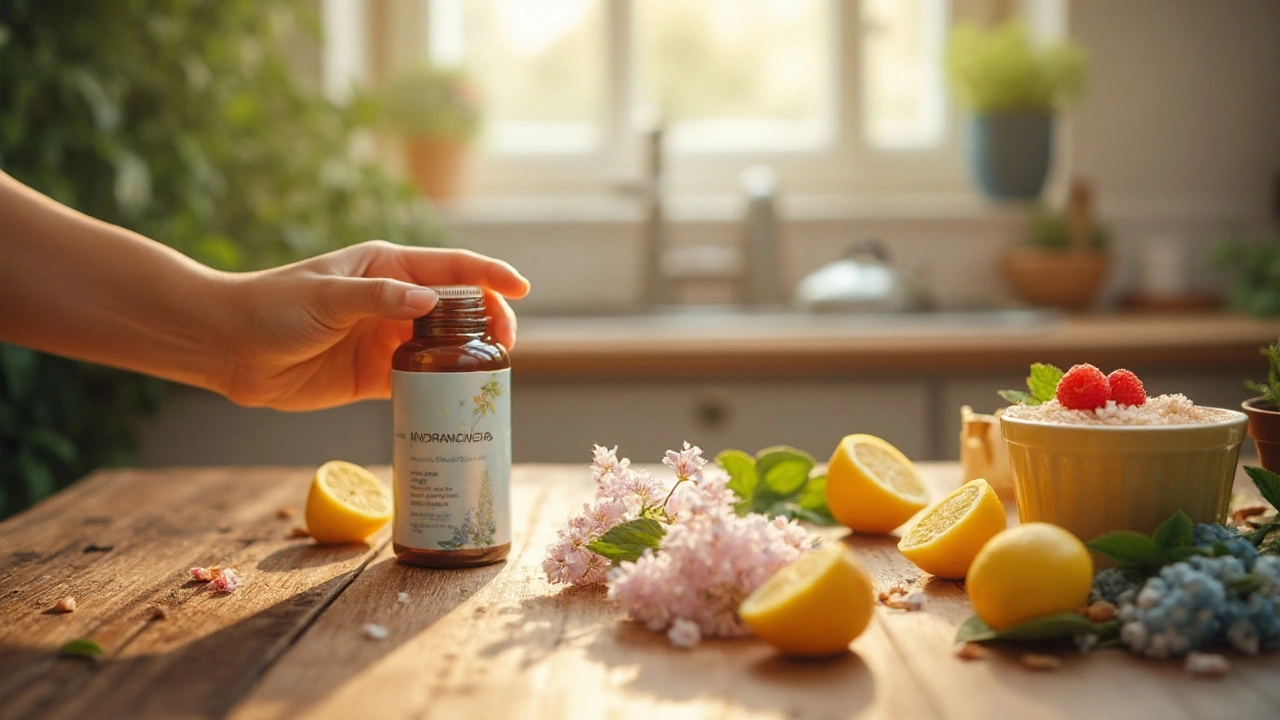Antioxidant Supplements – What They Do and How to Choose Them
Everyone talks about antioxidants, but what does that mean for a supplement you might take every day? In plain terms, antioxidants are chemicals that neutralize harmful molecules called free radicals. When those free radicals build up, they can damage cells and speed up aging. A good antioxidant supplement helps keep that damage in check, supporting everything from skin health to heart function.
Before you grab the first bottle you see, it helps to know which ingredients actually deliver a boost. Not all “antioxidant” labels are created equal—some are just filler or low‑dose extracts that won’t make a difference. Below we break down the most researched plant‑based antioxidants and why they matter.
Top Antioxidant Ingredients to Look For
Vitamin C is the classic antioxidant everyone knows. Look for supplements that list a natural source like acerola cherry or camu camu, which provide better absorption than synthetic ascorbic acid.
Vitamin E works hand‑in‑hand with Vitamin C, especially for protecting cell membranes. Natural mixed‑tocopherols are preferable to just alpha‑tocopherol.
Coenzyme Q10 (CoQ10) helps power your mitochondria and fights oxidative stress in heart and muscle cells. Ubiquinol, the active form, is more bioavailable than ubiquinone.
Plant polyphenols such as resveratrol (found in grapes), quercetin (onions, apples), and catechins (green tea) have strong free‑radical‑scavenging abilities. Choose extracts standardized to a specific percentage of active compounds.
Herbal extracts like turmeric (curcumin), ginger, and rosemary contain unique antioxidants called curcuminoids and rosmarinic acid. Look for formulations that include black pepper extract (piperine) to improve absorption.
Safe Buying Tips and Common Pitfalls
First, check the label for a third‑party seal (USP, NSF, or ConsumerLab). Those marks mean an independent lab verified the ingredient levels and checked for contaminants.
Second, avoid products that list “proprietary blend” without revealing exact dosages. You have no way of knowing if the blend contains enough of the active antioxidant to work.
Third, watch the expiration date. Antioxidants can lose potency over time, especially if the bottle isn’t stored in a cool, dark place.
If you’re on medication, especially blood thinners, talk to a healthcare professional before adding a high‑dose antioxidant. Some antioxidants, like high‑dose vitamin E, can interfere with clotting.
Finally, start with a low dose and see how you feel. Most people notice better energy or clearer skin within a few weeks, but it’s not a miracle cure. Pair the supplement with a diet rich in fresh fruits, veggies, nuts, and whole grains for the best results.Bottom line: antioxidant supplements can be a handy tool for protecting your cells, but the key is choosing proven ingredients, checking for quality seals, and using them alongside a balanced diet. With the right product, you’ll give your body a solid defense against everyday oxidative stress.
Hydrangea Dietary Supplement: Boost Health Naturally
Discover how Hydrangea dietary supplement works, its key benefits, safety tips, and how it stacks up against other herbal options for a healthier you.
